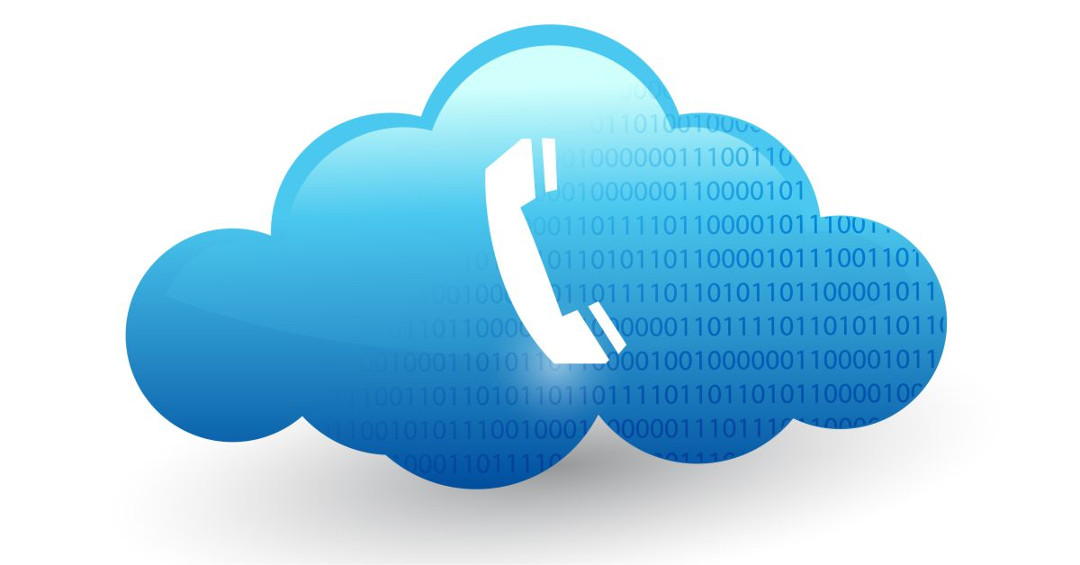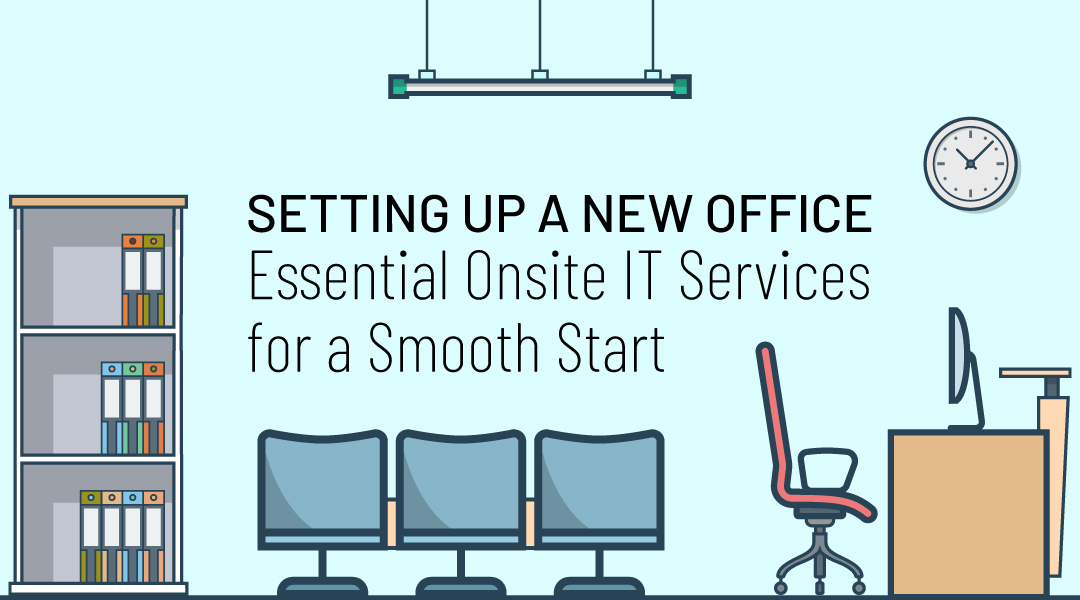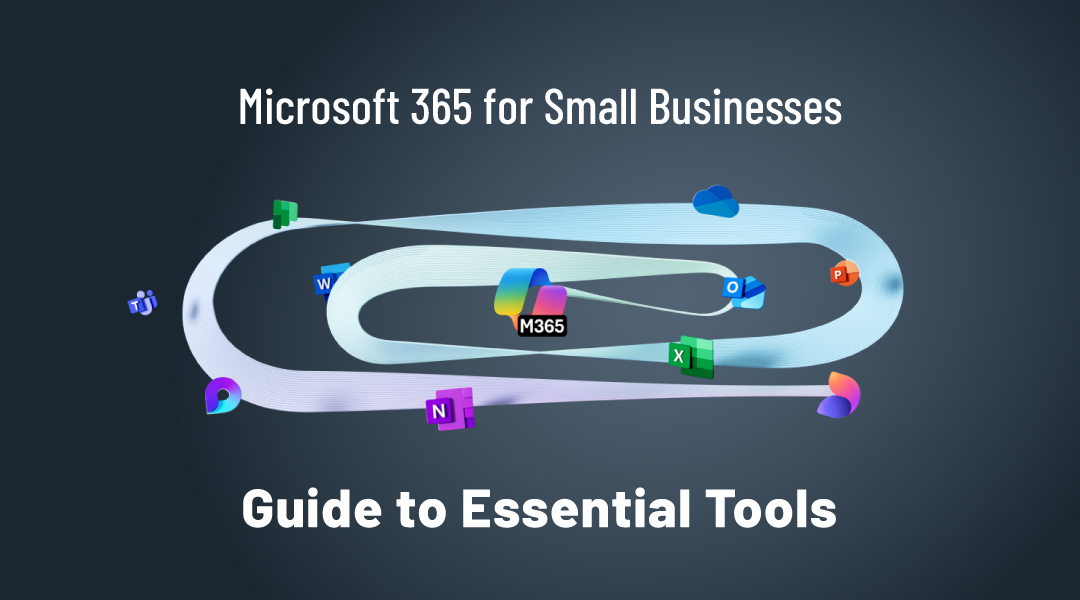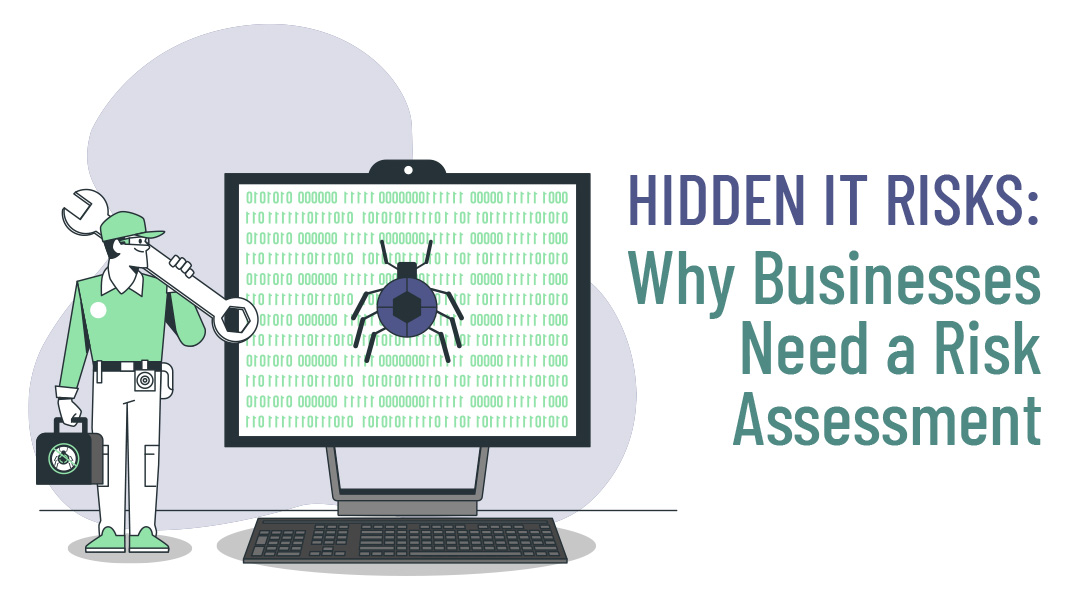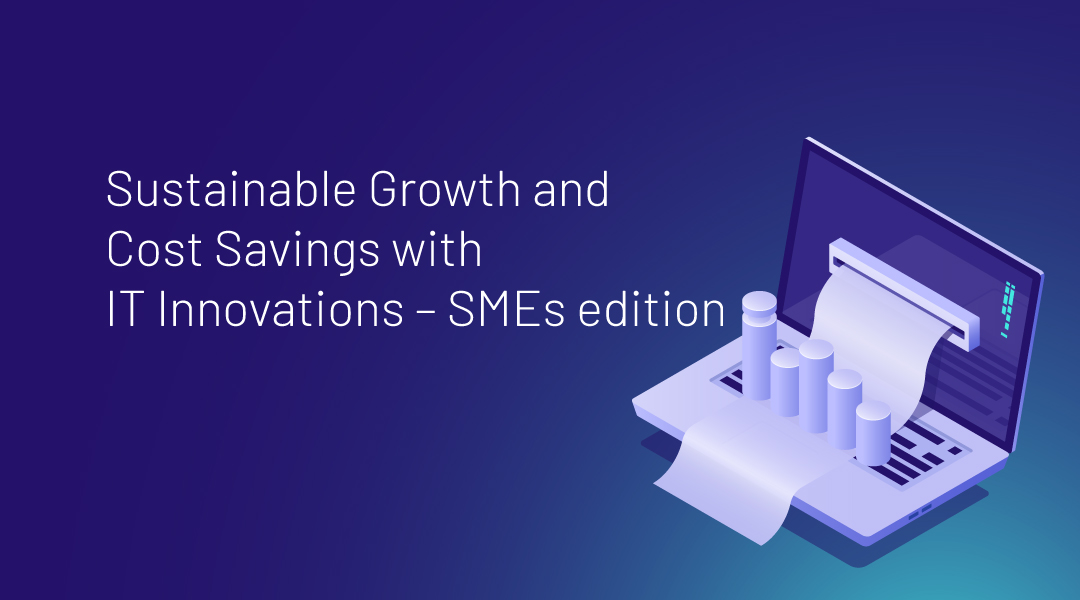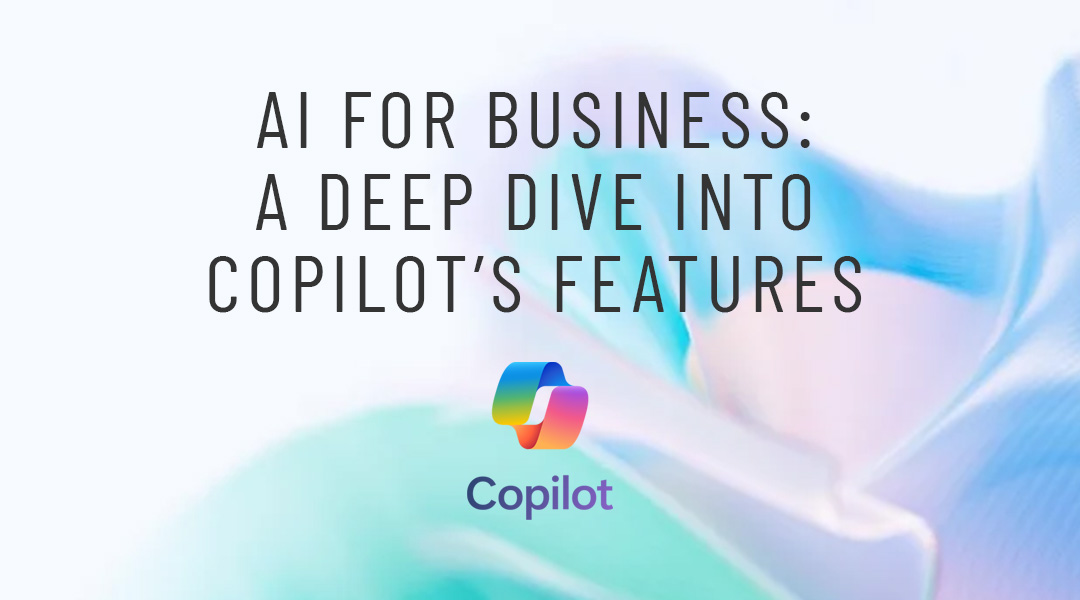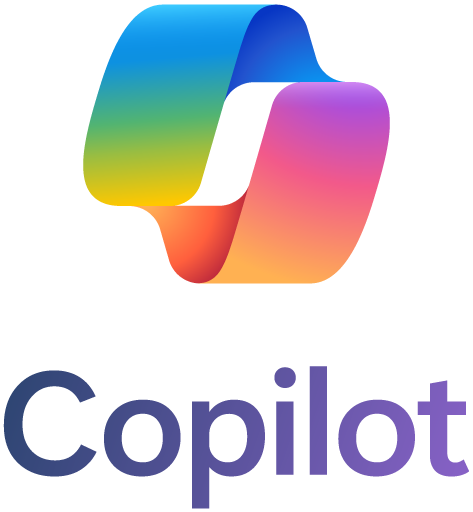Let’s find out differences between Hosted PBX and Cloud PBX. Private Branch Exchange — usually referred to as PBX — is a private phone network designed for use within an organization. With PBX, a company can connect more phones than with physical phone lines. Plus, calls within the organization are free. A PBX can also provide additional features such as voicemail, transfers, interactive voice response (IVR) menus, call recording and automatic call distributor (ACD) queues.
Because a Hosted or Cloud PBX solution offers many more features than physical phone lines or a premise-based solution and are much more cost-effective, a growing number of businesses are implementing them. If you’re thinking about doing so for your business, then it’s important to know what type of PBX is best for you. Hosted PBX or cloud PBX? To answer this question, you need to have a basic understanding of what each type is.
What is Hosted PBX?
A hosted PBX solution has the following characteristics:
- All hardware is run off-premise. A PBX provider — or host — runs all of the necessary servers at a remote location. The provider manages all of the hardware and you don’t need to invest in any equipment.
- The servers are accessed via a direct network connection. In other words, the service is provided via the internet.
- All features are uniform. Because the service is scaled to a predetermined size, there’s no flexibility to scale up or down. However, this fact also means service is constant.
- Hosted PBX is usually pay-per-seat. For example, if you have 50 employees, you pay for the amount of server space and infrastructure usage needed for 50 employees.
What is Cloud PBX?
Although cloud PBX is similar to hosted PBX, it’s not completely the same. It has the following characteristics:
- The provider runs servers in the cloud. That means there’s no physical off-premise location where the servers and other hardware are stored.
- A direct network connection is used to access the service. Just like other cloud-based services, a cloud PBX is accessed via the internet.
- It’s scalable. The cloud allows for much more flexibility with respect to scaling services up or down.
- Spikes in demand can impact service. Because it’s challenging to predict and manage unexpected demand, high demand can affect other users on the network.
- Storage capacity may be limited. Depending on the number of users, the allocated storage space can be used up quickly.
- It’s usually pay-per-usage. Instead of paying per number of users, cloud-based PBX is usually billed according to how much you use it.
What’s the Difference Between Hosted and Cloud PBX?
Now that you know the most fundamental characteristics of cloud and hosted PBX, it’s relatively simple to see the similarities and differences.
Neither are on-premise solutions or require you to invest in any hardware. Plus, both are accessed via an internet connection. But that’s where the similarities end. A hosted PBX solution has uniform features, can’t be scaled up or down and is pay-per-seat. This makes it a good choice for an established company that has a fixed number of employees and produces a steady volume of data. A cloud PBX solution, in contrast, is scalable and pay-per-usage. This makes it a good choice for startups and small companies that are expanding.
How can ITAF help you?
As a partner of PBX providers, such as 3CX telephony, we are fully capable to support your business switching to IP telephony, implementation and technical support. Contact us or check our telephony services support.

